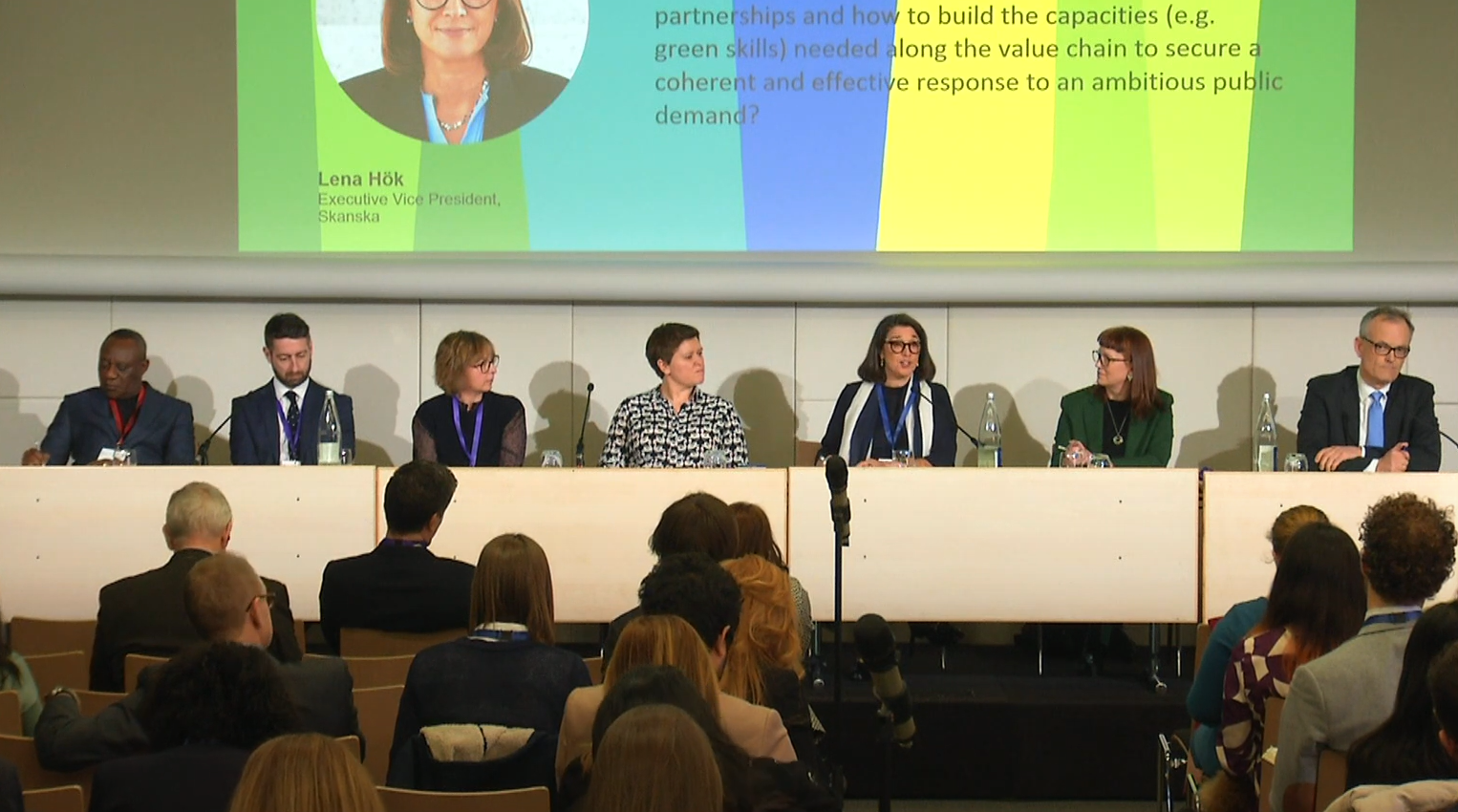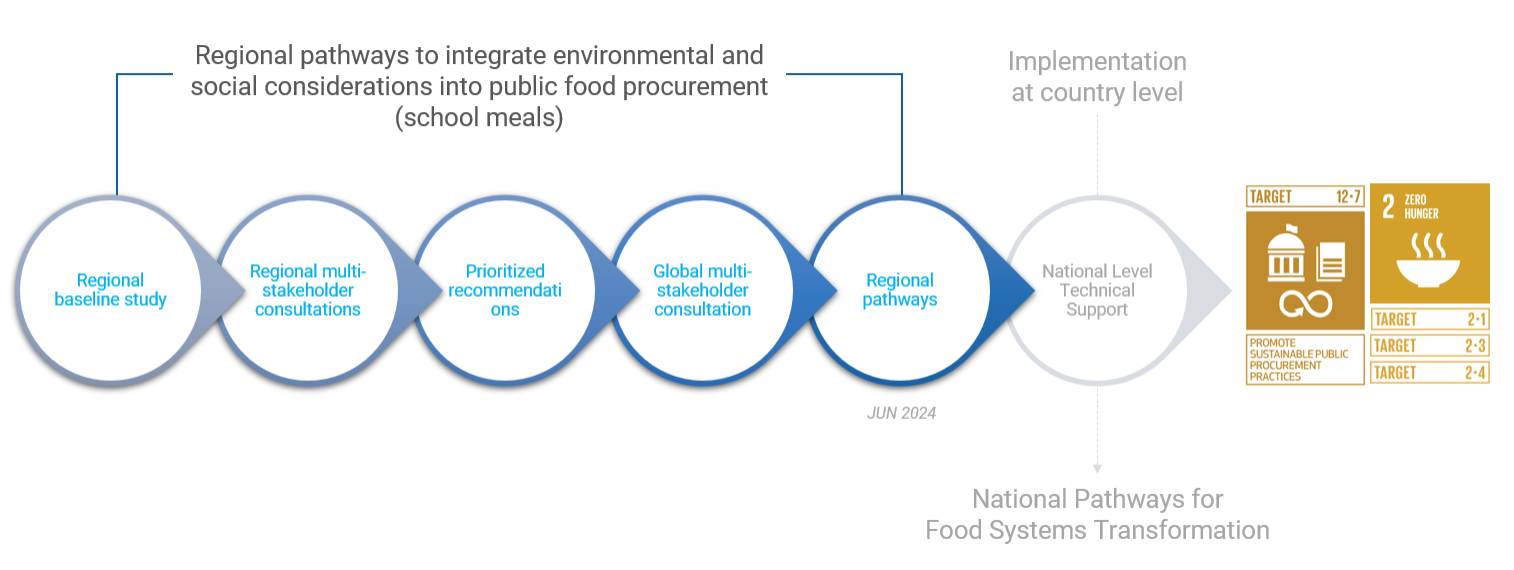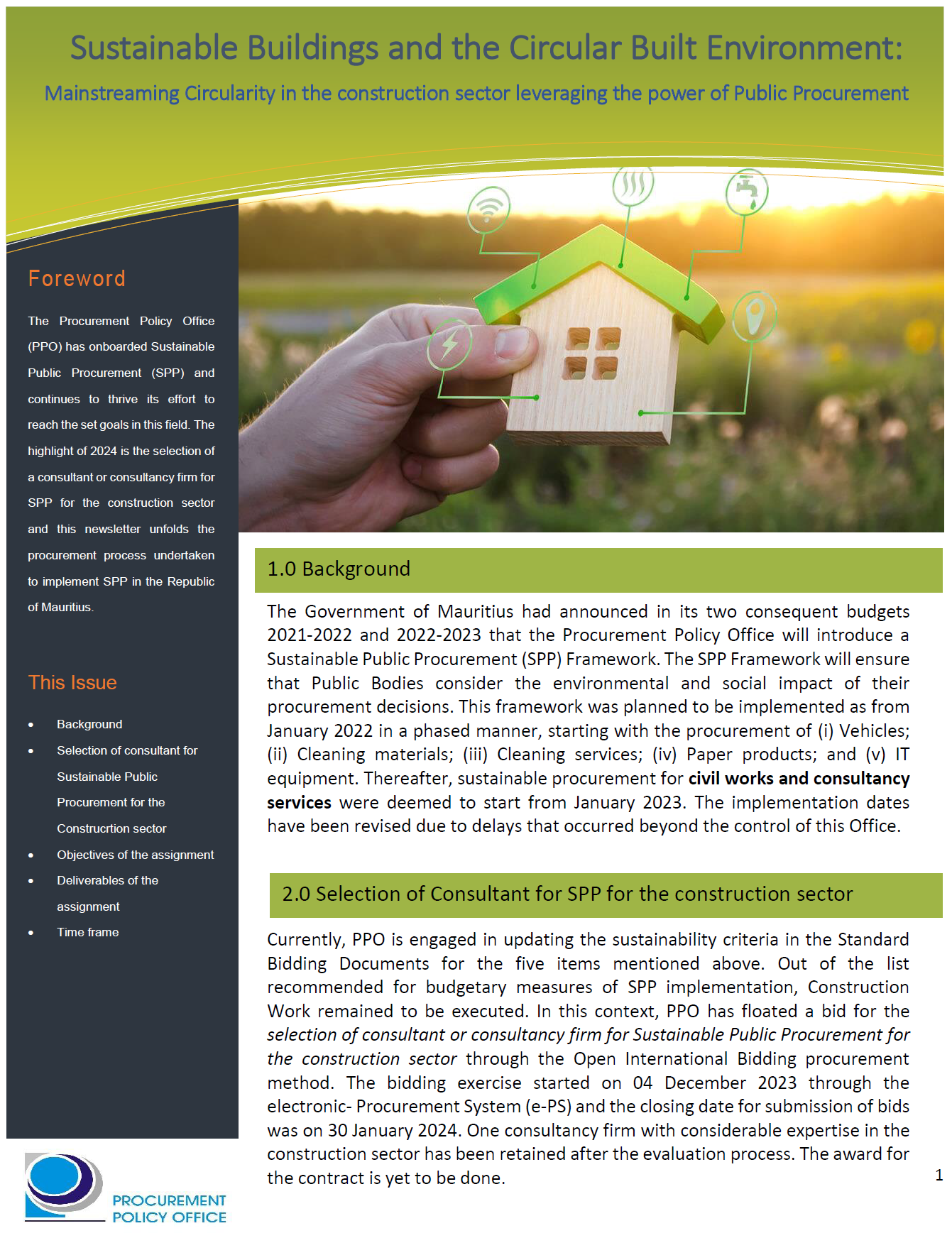Why and how do sustainable consumers choose eco-products? - survey
The study was conducted to evaluate environmental literacy and the interest of responsible customers when it comes to choosing eco-products. The study was conducted in 2018 and the data has been collected via an online survey method among 1,600 people mostly living in the areas of Moscow and St. Petersburg.
The survey investigated the main reasons and the environmental literacy of the respondents. The objective was to have a representative sample in order to gain a deeper understanding of sustainable consumption in the area of Moscow and St. Petersburg. The survey aimed to:
▪ identify the selection criteria for eco-products according to responsible consumers.
▪ determine the level of awareness of the Eco-buyers.
▪ create a portrait of Russian eco-friendly buyer.
Research and analysis for Healthy and Sustainable Production Systems. This survey will form the basis for more educational work and help: the experts in the areas of sustainable development, popularise the eco-products among producers and retailers, environmental awareness among consumers.
The main reason to buy eco-friendly products for responsible consumer is: preservation of the environment (65.4%) the health benefits (62.4%), the ethical aspects of the production process (49.8%).
For 78.6% of respondents the distinctive feature of eco-friendly products is the official ecolabel but the amount of respondents well informed about ecolabels is 23,4%.
The fact shows the necessity of accessible information to eco-consumers since there is a general understanding that eco-products should have the appropriate sign, but, as it seems, there is not so much clarity on this matter.
The internationally recognized Russian ecolabel type I Vitality Leaf is the prime ecolabel that inspires trust among the Russian eco-consumers (44.3%). A good level of recognition is also given to EU Ecolabel (36.3%), BDIH (36.55%), EU Organic (35.3%) and ICEA (31.7%), which are among the most recognised ones. A consistent number of respondents rely on FSC labeling (36.9%), which indicates the use of raw materials from sources with sustainable forest management.
The Russian respondents, in addition to ecolabeling, take into consideration the information of product's composition (35.8%) - preference is given to shorter ones; and a significant percentage relys on their own intuition when it comes to truly eco-friendly products (25.1%).
Many respondents (90.0%) not only buy eco-friendly products, but also have other "green" habits. For example, they take less packages and have reusable bags (78.6%), save resources (67.5%), collect and disposal of hazardous waste (67.4%).
Environmental Barriers
One of the main obstacle for environmental consumption is a high price for eco-friendly products. For 65.6% of respondents, price is the major impediment to sustainable consumption compared to ordinary one. Despite this, the vast majority of respondents (94.5%) are willing to pay more for eco-products. Some buyers (38.5%) even agree to pay up to 30% more.
Another obstacle is represented by difficulty in finding eco-products. A huge amount of respondents (63.9%) claim that looking for the necessary eco-friendly goods is time consuming.
Almost half of the respondents (45.2%) consider the abundant of pseudo-environmentally friendly products as an obstacle.
Image

Project start date
17/11/2017
Project end date
30/01/2018


